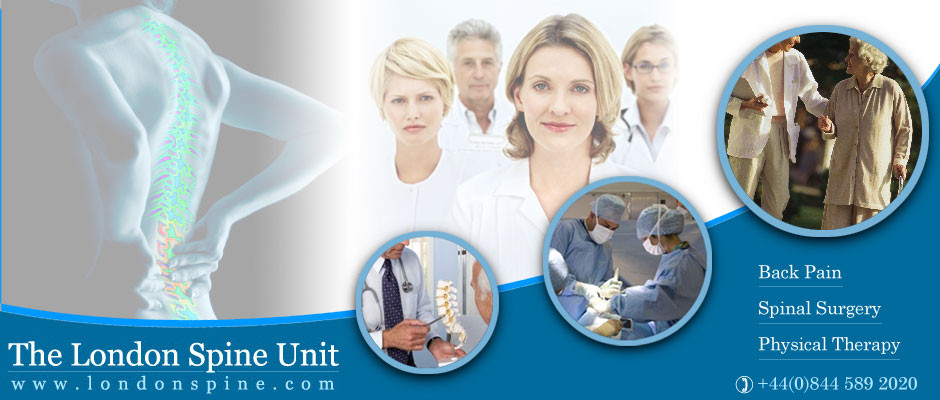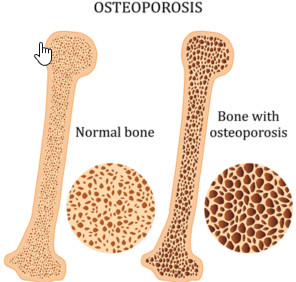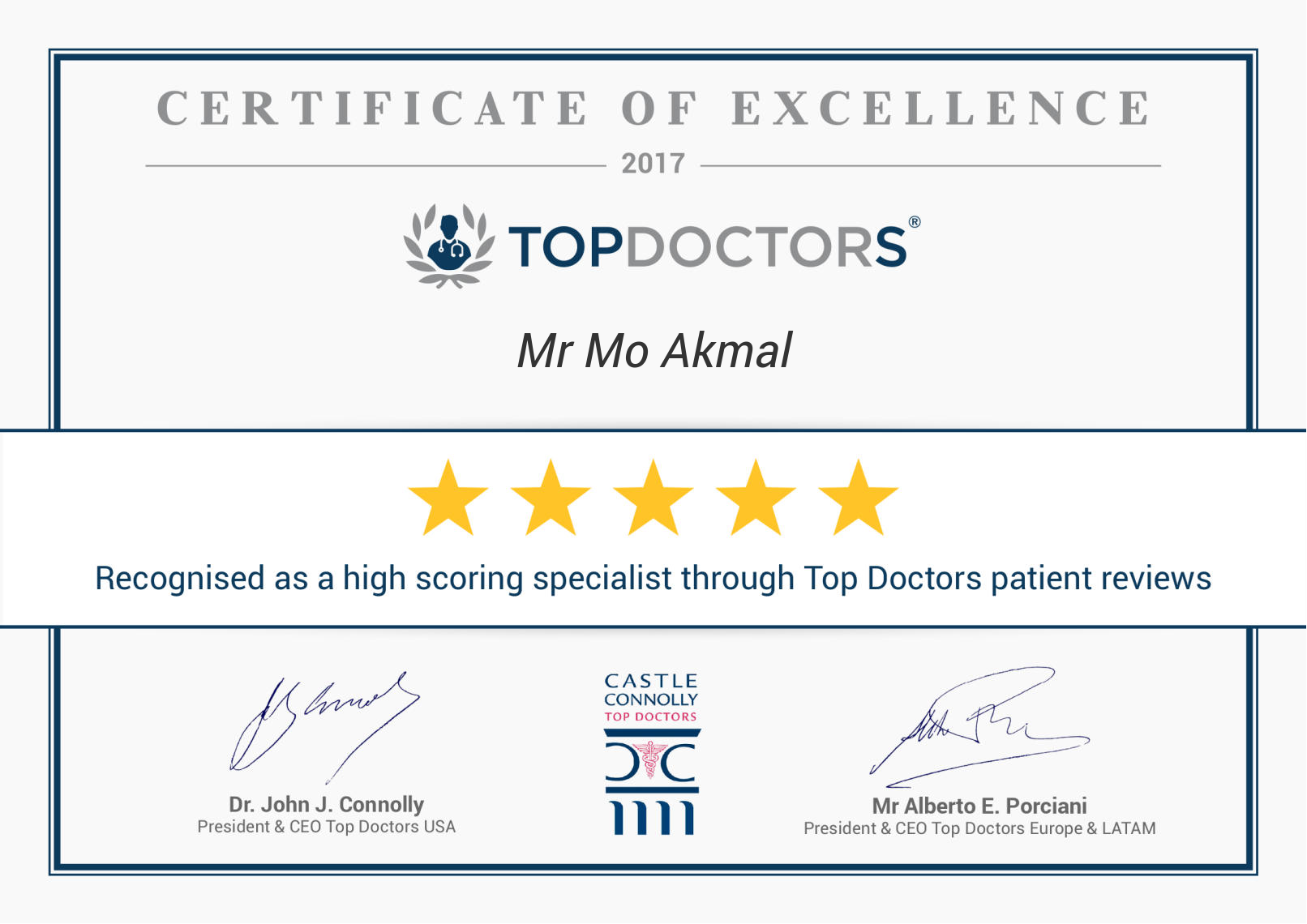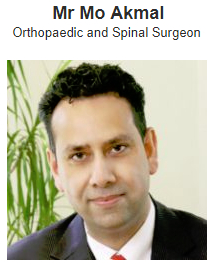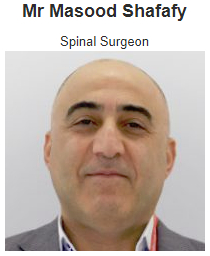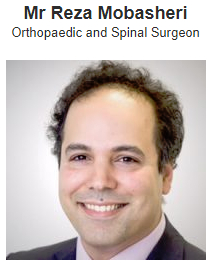Osteoporosis is the result of the loss of bone mass (measured as bone density) and a change in bone structure. It can be treated with the following:
1) Calcium and vitamin D:
Women need more calcium after menopause. Every day you should take at least 1200 mg of calcium. Calcium pills can help you to achieve this goal. It is best to take small doses, 500 mg or less, with meals.
The need for vitamin D varies according to age. Every day you should take at least:
-400 IU of vitamin D, between 51 and 70 years.
-600 IU of vitamin D, from 71 years old onwards.
Many calcium and multivitamin pills contain vitamin D. Check labels to be sure.
2) Exercise:
Exercise is beneficial for bone health, muscle strength, and balance. Exercise helps to reduce the risk of falling. In many people with osteoporosis, falls are the cause of broken bones.
There are three types of medications to treat osteoporosis. Most are pills. Some are given by injection under the skin or directly into the vein by intravenous access. Another is a nasal spray. Some are taken once a day. Others, once a week, once a month, or even less frequently.
3) Bisphosphonates:
Drugs in the bisphosphonate group include alendronate, ibandronate, risedronate, and zoledronic acid. They adhere to the surface of bones and slow the deterioration of old bone.
4) SERM:
Selective estrogen receptor modulators (SERM), such as raloxifene, slow the deterioration of old bone. Although they are not hormones, they have an effect on bone similar to that of estrogen.
5) Hormones:
Estrogen and estrogen-progestin pills reinforce the body's natural hormones. They also slow the deterioration of old bone. Teriparatide helps the body form new bone faster than the old one deteriorates. Calcitonin slows the deterioration of old bone.


